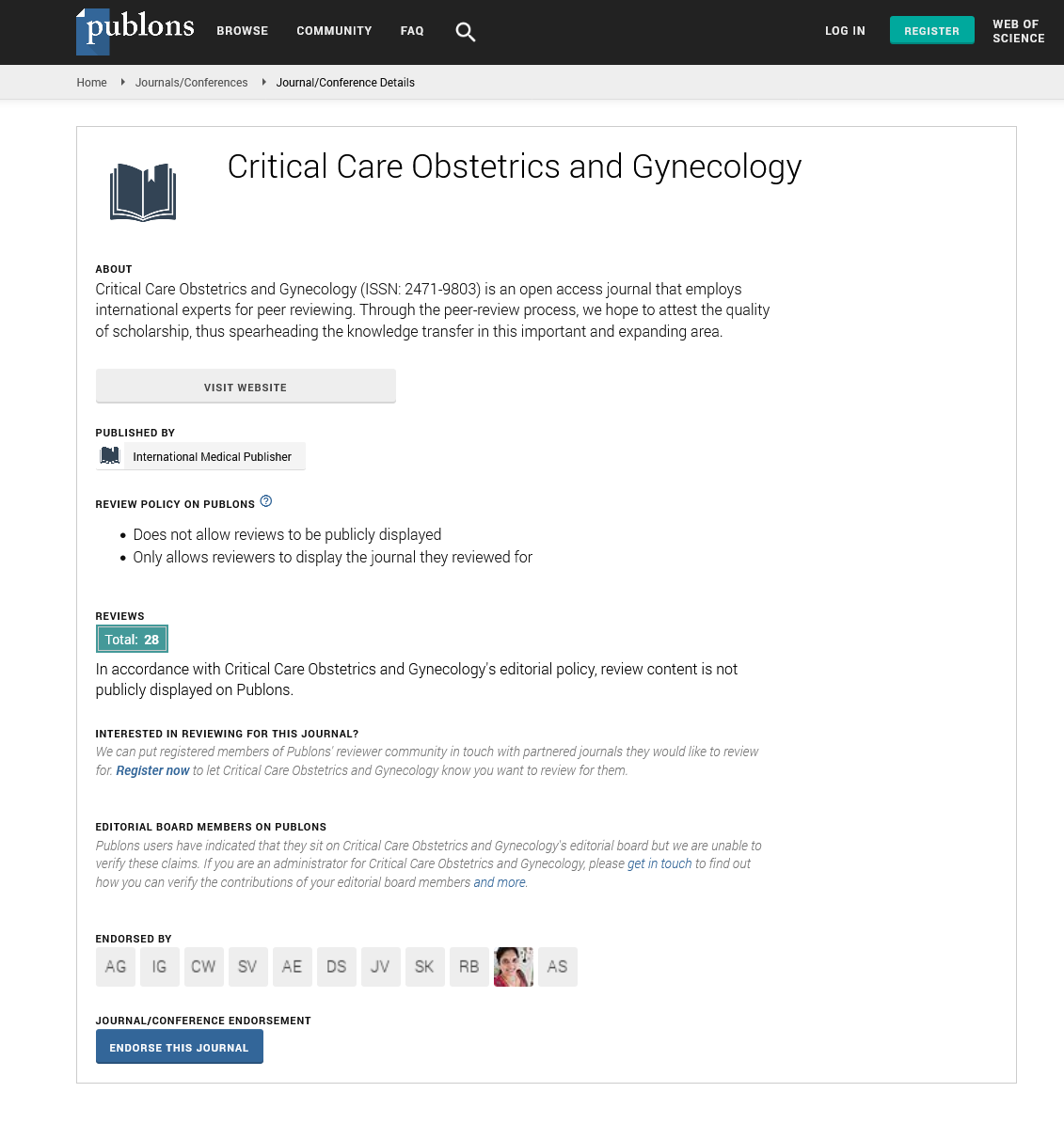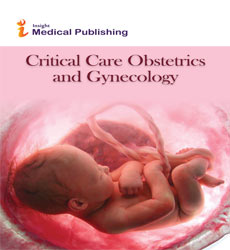Abstract
Assessment of Facility Based Maternal and Neonatal Mortality in Western Ethiopia
Background: Maternal and neonatal mortality remain a major problem in developing countries. Facility-based maternal death review is a process to investigate and identify causes mainly clinical and systemic which lead to maternal deaths in the health facilities and to take appropriate corrective measures to prevent future such deaths.
Objective: To assess the prevalence of maternal and neonatal death and identify preventable causes of maternal deaths in selected Hospitals of Wollega Zones.
Methodology: Institutional based cross-sectional study was conducted. Documents and chart reviews were conducted using a standardized checklist. Maternal and neonatal deaths that occurred during 2014-2016 were included. Ethical clearance was obtained from the Institutional Health Research Ethics Review Committee of Wollega University. Data was entered and analyzed using SPSS version 20 statistical packages for windows.
Result: Sixty-nine (69) maternal deaths and 182 neonatal deaths occurred in five hospitals in the last three years from 2014-2016. The most common cause of maternal death was hemorrhage 36 (52.2), sepsis 23 (33.3), delay in health-seeking 20 (29%), and lack of transportation 19 (27.5%). The majority of the deceased were referral cases 54 (78.3%) and Most of them were admitted with complications 51 (73.9%). Majority of the neonatal death happened within 24 hours 100 (54.9). The majority of the deceased newborn were admitted with a diagnosis of prematurity 56 (30.8) followed by sepsis 42 (23.1%). Lack of materials in Neonatal Intensive Care Units was the major cause of neonatal death.
Conclusion and Recommendation: Mothers and newborn were dying of preventable causes like hemorrhage, sepsis, lack of partograph utilization, and lack of facilities in the Neonatal Intensive Care Unit. Therefore, Health professionals should focus on and manage emergencies like hemorrhage, sepsis and should utilize partograph for all laboring mothers as per the guideline, and also they should council and promote individual birth plan to reduce delays in seeking health facility. Health facilities should equip the Neonatal Intensive Care Unit with all necessary drugs and materials.
Author(s):
Misganu Teshoma Regasa1*, Jote Markos2 and Ashenafi Habte2
Abstract | PDF
Share this

Google scholar citation report
Citations : 148
Critical Care Obstetrics and Gynecology received 148 citations as per google scholar report
Critical Care Obstetrics and Gynecology peer review process verified at publons
Abstracted/Indexed in
- Google Scholar
- China National Knowledge Infrastructure (CNKI)
- WorldCat
- Publons
- Geneva Foundation for Medical Education and Research
- Secret Search Engine Labs
Open Access Journals
- Aquaculture & Veterinary Science
- Chemistry & Chemical Sciences
- Clinical Sciences
- Engineering
- General Science
- Genetics & Molecular Biology
- Health Care & Nursing
- Immunology & Microbiology
- Materials Science
- Mathematics & Physics
- Medical Sciences
- Neurology & Psychiatry
- Oncology & Cancer Science
- Pharmaceutical Sciences


